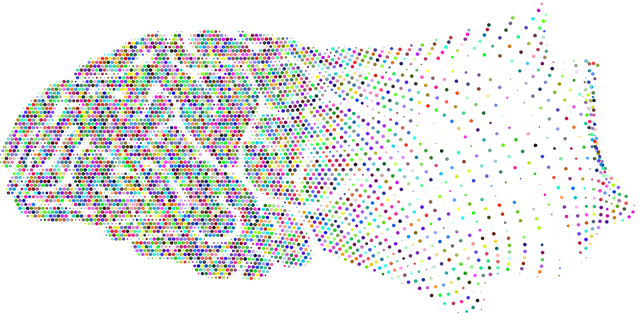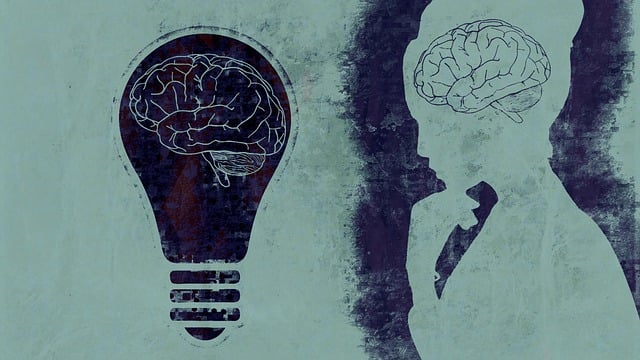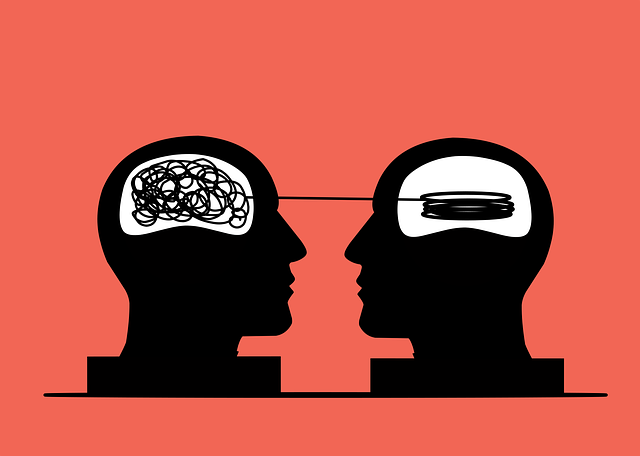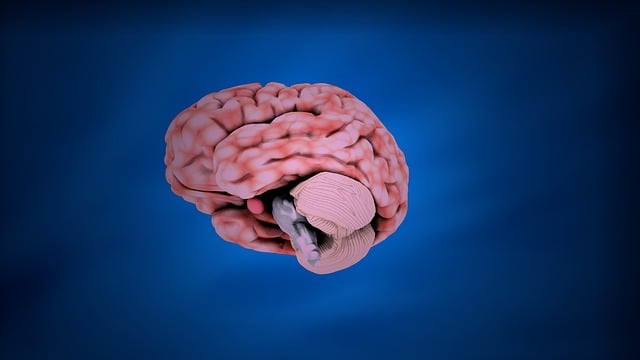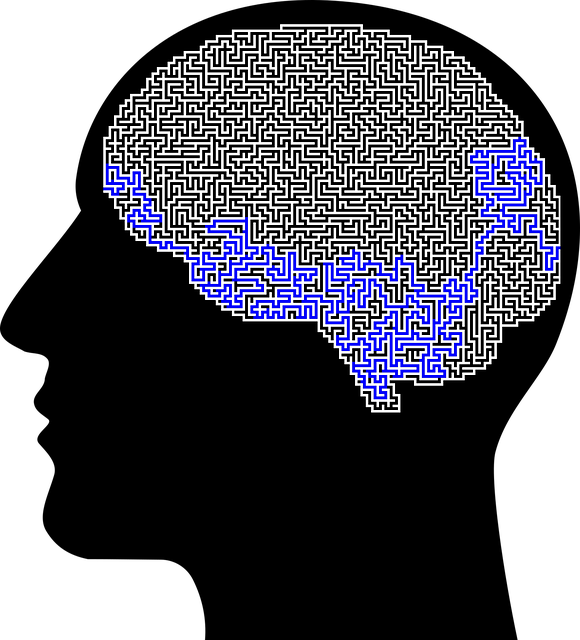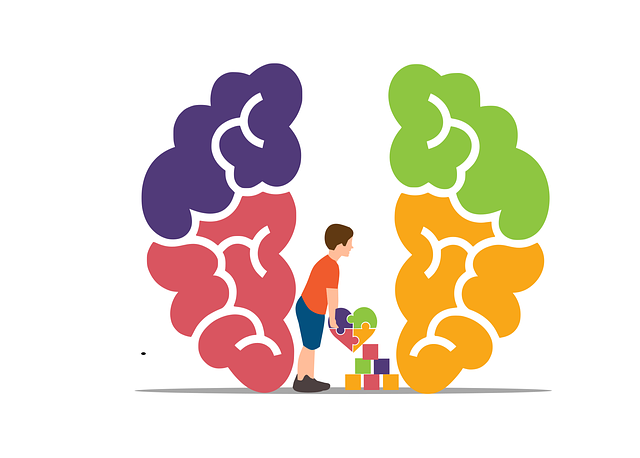Superior Relationship Issues Therapy revolutionizes couples' treatment by teaching effective coping skills for stress and emotion management, fostering better communication and mental wellness. Key techniques like mindfulness meditation and compassion cultivation enhance emotional awareness and empathy, strengthening partner bonds. Developing these skills is crucial for navigating life challenges and preventing depression. Therapists integrate self-awareness exercises and self-care practices, empowering individuals to challenge negative thought patterns and cultivate healthier relationships for improved emotional well-being.
Coping skills development is a vital aspect of superior relationship issues therapy, enabling individuals and couples to navigate challenges and strengthen their bonds. Understanding the significance of these skills in therapeutic contexts empowers practitioners to facilitate meaningful change. This article explores essential strategies for cultivating effective coping mechanisms, offering insights into integrating these techniques into Superior Relationship Issues Therapy practices for optimal client outcomes.
- Understanding Coping Skills and Their Significance in Relationship Therapy
- Strategies for Developing Effective Coping Mechanisms
- Integrating Coping Skills into Superior Relationship Issues Therapy Practice
Understanding Coping Skills and Their Significance in Relationship Therapy

In the realm of relationship therapy, coping skills development is a game-changer that significantly enhances superior relationship issues therapy outcomes. Understanding and implementing effective coping strategies can transform tumultuous relationships into harmonious connections. These skills equip individuals with the tools to navigate emotional turmoil, fostering better communication and understanding between partners. By learning to manage stress, regulate emotions, and effectively express needs, couples can build resilience and strengthen their bond.
Mindfulness meditation and compassion cultivation practices play a pivotal role in this process. Mindfulness helps individuals become more attuned to their feelings, allowing them to respond thoughtfully rather than reacting impulsively. Compassion cultivation encourages empathy and understanding, fostering an environment where partners can support each other through challenges. Integrating these strategies into therapy promotes mental wellness, enabling couples to approach their relationship with a calmer, more compassionate mindset.
Strategies for Developing Effective Coping Mechanisms

Developing effective coping mechanisms is a vital part of navigating life’s challenges and maintaining mental well-being. One powerful tool to enhance this process is Superior Relationship Issues Therapy, which offers tailored strategies for individuals seeking to overcome personal hurdles. Through therapy, individuals can learn to identify and challenge negative thought patterns, replacing them with healthier alternatives. This often involves exploring emotional awareness and developing skills to manage stress effectively.
Incorporating practices like Mindfulness Meditation into daily routines can significantly contribute to coping skill development. Taking time for mindful moments allows one to detach from stressful situations and gain perspective. Additionally, Stress Management Workshops Organization provides structured learning environments where individuals can acquire practical tools for dealing with anxiety, depression, and other mental health concerns. Engaging in these workshops empowers people to take proactive steps towards Depression Prevention, fostering resilience and emotional balance.
Integrating Coping Skills into Superior Relationship Issues Therapy Practice

In the realm of Superior Relationship Issues Therapy, integrating coping skills is a game-changer. Therapists play a pivotal role in equipping individuals with effective strategies to navigate complex emotional landscapes. By incorporating self-awareness exercises and self-care practices into therapy sessions, professionals can enhance clients’ ability to manage stress and regulate their emotions. These skills become invaluable tools, fostering resilience and enabling individuals to confront relationship challenges head-on.
The integration process involves teaching clients various techniques, from mindfulness practices to cognitive reframing. For instance, promoting regular self-care routines, such as exercise, meditation, or journaling, can significantly improve emotional well-being. Additionally, helping clients identify and challenge negative thought patterns contributes to healthier relationship dynamics. By mastering these coping skills, individuals gain a sense of agency, allowing them to actively participate in their therapy journey and cultivate more fulfilling relationships.
Coping skills development is a vital component of superior relationship issues therapy, enabling practitioners to effectively support individuals and couples navigating challenging situations. By integrating evidence-based strategies into their practice, therapists can enhance clients’ ability to manage stress, resolve conflicts, and foster healthier relationships. This article has explored the significance of coping skills in therapy, provided practical strategies for development, and underscored their essential role in delivering comprehensive and successful treatment.


